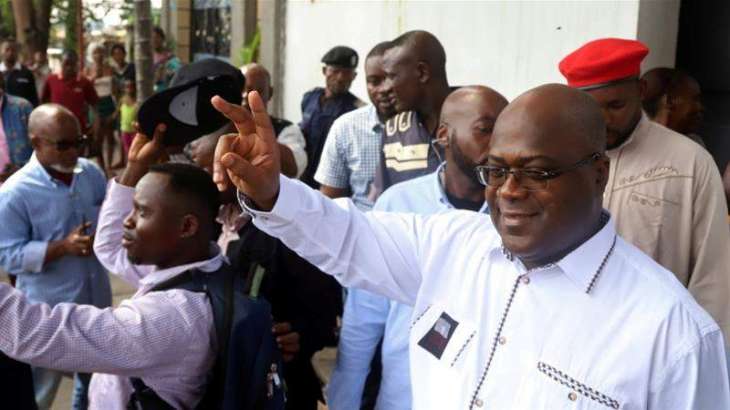The National Episcopal Conference of Congo (CENCO) does not agree with the Democratic Republic of the Congro (DRC) presidential election results released by the country's electoral commission, CENCO President Archbishop Marcel Utembi told the UN Security Council (UNSC) on Friday
UNITED NATIONS (Pakistan Point News / Sputnik - 12th January, 2019) The National Episcopal Conference of Congo (CENCO) does not agree with the Democratic Republic of the Congro (DRC) presidential election results released by the country's electoral commission, CENCO President Archbishop Marcel Utembi told the UN Security Council (UNSC) on Friday."CENCO arrived at the conclusion that the results published by the election commission do not match the results obtained by our observers," Utembi said.
Utembi explained that CENCO, a Catholic organization, sent more than 40,000 observers to election stations who found out that the published outcome of the vote was different from the results obtained by the mission.
Russia's Ambassador to the United Nations Vassily Nebenzia called on the international community to refrain from speculating on the DRC's voting results and avoid intervening in the internal matter of the country.
"We would urge the international community to conduct itself in a responsible matter to avoid any interpretation about issues of electoral process in the DRC," Nebenzia said.
US Ambassador to the UN Jonathan Cohen reiterated the position of the United States stated earlier saying that it awaits clarification of the questions raised regarding the vote count and expects all stakeholders to avoid violence.
On Thursday, Congo's National Independent Electoral Commission (CENI) published preliminary results of the presidential elections held on December 30, 2018. The Commission announced that opposition candidate Felix Tshisekedi had won the election. Under DRC's electoral law, the official results of the election must be approved by the country's Constitutional Court.




